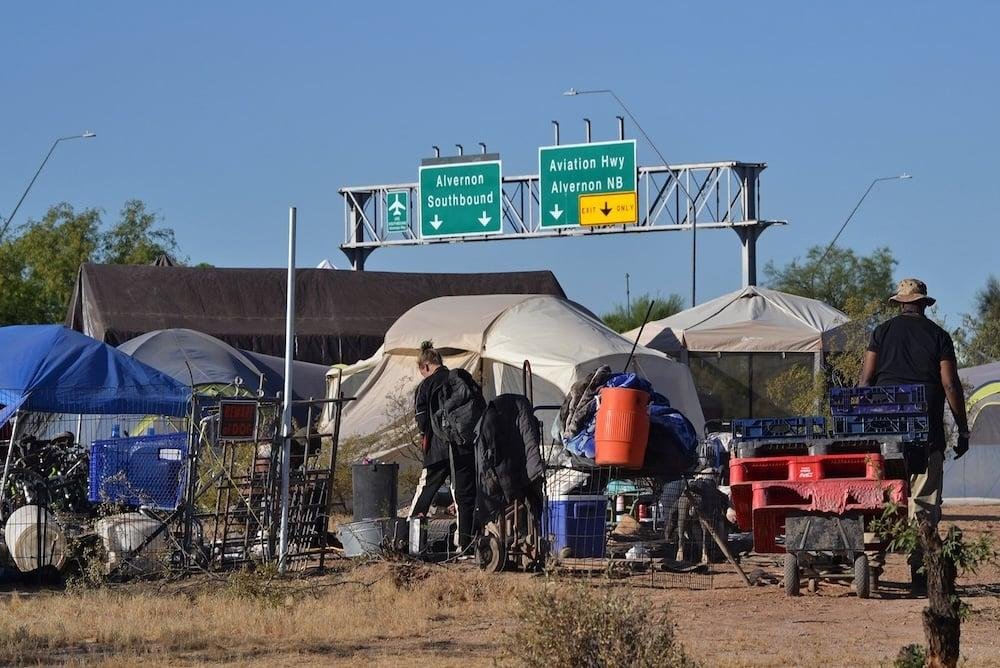Business
Tucson Coalition Unveils Disturbing Truth Behind Prop. 414 Sales Tax Impact on Society

The debate surrounding Tucson’s Proposition 414 highlights the complexities of addressing homelessness, affordable housing, and crime. The initiative, which proposes a half-cent sales tax to generate $80 million annually, focuses on a holistic approach to these pressing issues. However, the proposal faces significant opposition from both business leaders and some community activists.
The Tucson Metro Chamber supports the need for police funding but opposes the financial burden of the proposed tax, arguing that it unfairly impacts businesses. They acknowledge the challenges of homelessness and rising rents but question the allocation of resources to law enforcement as part of this plan. The chamber’s stance reflects a broader concern over spending public money without substantial guarantees of efficacy.
Despite the chamber’s concerns, a closer examination reveals the intended distribution of tax revenue: 17.5% for affordable housing and shelter, 22.75% for enhanced emergency response, and 30.75% for necessary protective equipment for first responders. However, critics, including members of the No Prop 414 Coalition, argue that much of the funding will disproportionately benefit law enforcement, with insufficient resources directed towards housing initiatives.
April Putney, a member of the coalition, expressed frustration over the funding structure. She pointed out the dire housing crisis affecting many Tucson residents, emphasizing that the city must allocate more resources to address this critical need effectively. Critics argue that a sales tax is a regressive solution, disproportionately impacting lower-income individuals who struggle with the rising cost of living in Arizona.
On the other hand, proponents of Proposition 414 argue that addressing crime and homelessness together creates a more sustainable urban environment. They assert that a multifaceted approach is necessary, as the challenges are intertwined. However, achieving consensus on the plan’s specifics remains elusive, with various stakeholders prioritizing their interests over collaborative solutions.
The city’s efforts to tackle homelessness, including a desperate need for over 4,700 housing units, underscore the urgency of effective action. Critics argue that without a dramatic shift in funding and focus, the issue will only worsen. Given the substantial cost of building adequate housing, the challenge becomes even more daunting without coordinated efforts from both the public and private sectors.
The Tucson Metro Chamber has raised important points regarding the proposed funding mechanism’s impact on local businesses. They suggest that increasing the sales tax to 9.2% may drive consumers to neighboring areas, further complicating the economic landscape. However, the path forward requires balancing revenue generation with meaningful support for critical social issues.
With Election Day approaching, both supporters and opponents of Proposition 414 are gearing up for a crucial showdown. While the plan is not without its flaws, many argue that it represents a necessary step towards addressing the interconnected issues of crime, housing, and homelessness. The challenge remains: can stakeholders prioritize the collective good over individual advantages to foster meaningful change in Tucson?


















